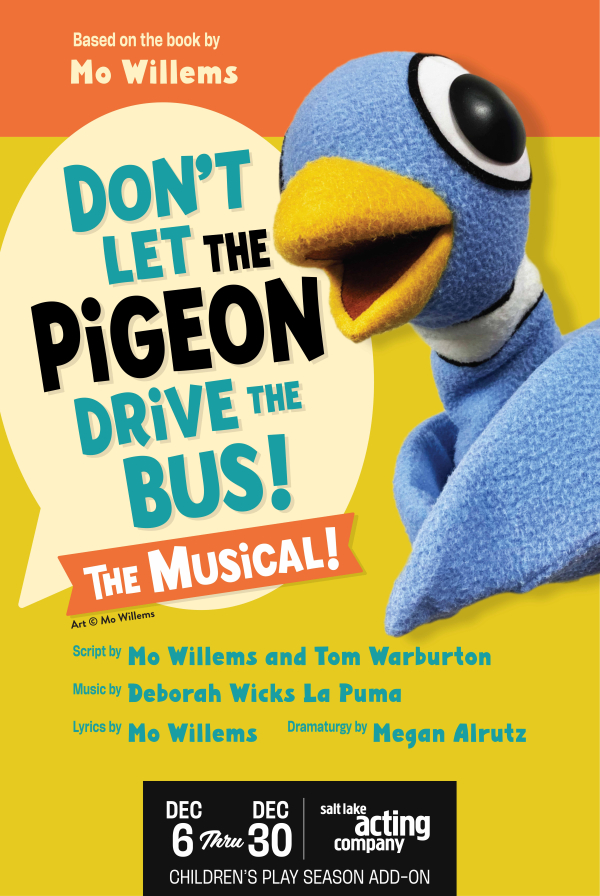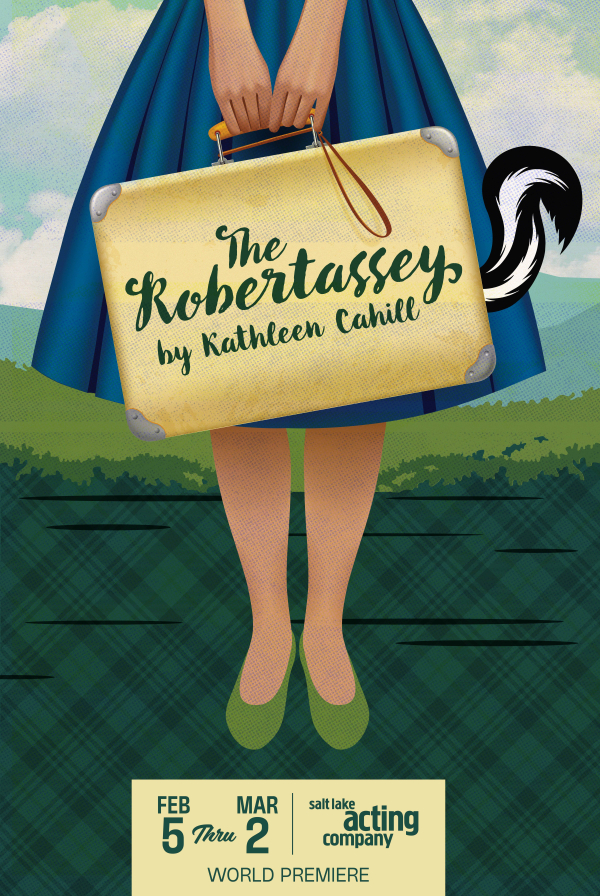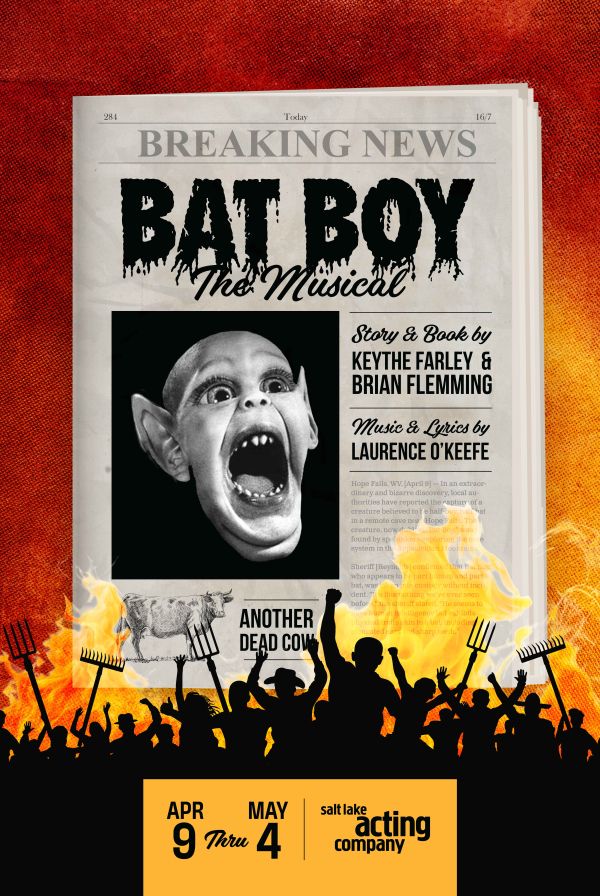Review: Harbur Gate
We’re pretty lucky to have local playwrights among us creating original works. Kathleen Cahill, one such human, is an award-winning writer and the author of Salt Lake Acting Company’s currently running production Harbur Gate.
The play consists of three mini-plays that make up a loose Rashomon of sorts with some tenuously overlapping plot lines. (Full disclosure: We critic types just love saying, “Rashomon of sorts.”) All three are literally set in a sandbox, which is both metaphor for the creative process and a slang term used by service members for Iraq in the mid-2000s. (Snarky aside: The theater, and the actors, must have sand in every crevice.)
In the first play, Orpheus, we meet two Army medics who are up for the Purple Heart: Chadwick Conroy (Mathew Sincell), a gay man who joined the military to “iron himself out,” and his roommate Carey Pollack (Natalia Noble), a lesbian who is still mourning the loss of a beloved comrade. The second play, Harbur Gate, takes place in a convoy truck on the road to Mosul, Iraq, where Marines Vinnie Russo (Topher Rasmussen) and Alyson Moss (Cassandra Stokes-Wylie) play out a taut battle of the sexes. In the final play, Veteran in A New Field, Michelle Kessler (Ariana Broumas Farber), a Marine veteran suffering from PTSD, has a transforming encounter with John Sullivan, a blind veteran painter in the park (Lane Richins).
The trilogy offers something that seems to be in short supply these days—empathy. It is a chance for you to observe something that many of us don’t understand, the act of war, with empathy. We numbly accept that there are people, thousands and thousands of men and women who go over there to enact war and then come back home, if they come back home, different and changed forever. This play opens up that world. To write the series, Cahill spent time with several veterans’ support groups at the VA Hospital in SLC and her work here is an attempt to break through the hard walls that surround military culture and tell unsung personal stories.
It can, I must note, be maudlin and I found myself wishing Cahill hadn’t tried to tick so many issue boxes (gay issues, gender issues, rape, bullying, PTSD). All of it is important, yes, yes, but trying to cover all that ground in such a short window often boxed her into taking some shortcuts by way of stereotype which generated characters with less depth. For example, in Orpheus, despite Sincell’s excellent work, why must Chadwick be such an off-the-rack, Will and Grace, queen? Surely, we’ve come farther than that?
The second, titular segment is the strongest of the three and it highlights Cahill’s strength creating in fast-paced dialogue. The set-up: Russo is a misogynist prick and Moss is a long-suffering female marine stuck in a world of Russos. Rassmussen and Stokes-Wylie really dig in here and turn Cahill’s words into an intense jousting match that enlightens and provokes making Harbur Gate’s gut-wrenching conclusion all the more powerful.
In the final portion, Cahill’s attempt to shoehorn the Civil-war era painting “A Veteran in a New Field” by the American realist Winslow Homer into the discussion doesn’t quite carry the rhetorical power I’m sure she’d hoped. But no matter, Lane Richins is there to right the course. His bemused blind painter is brilliant, fascinating to watch and the perfect foil for a discussion on the nature of recovery and forgiveness with Farber’s PTSD suffering marine.
Bottom line: this production, despite some niggling flaws, was moving, kind and generous and tells of untold things that should be told. It uses the power and artifice of theater to give us some brilliantly insightful moments. I was reminded of this when I introduced myself to the women seated next to me after its conclusion. Both, wiping tears from their eyes, are in the LGBT support group that Cahill had attended and interviewed members of. “She got it, right,” my seat neighbor said. “Nobody ever says the things she said here tonight but she got it right.”
I figure that’s the best review, Cahill could ever hope for.
Go see plays.














